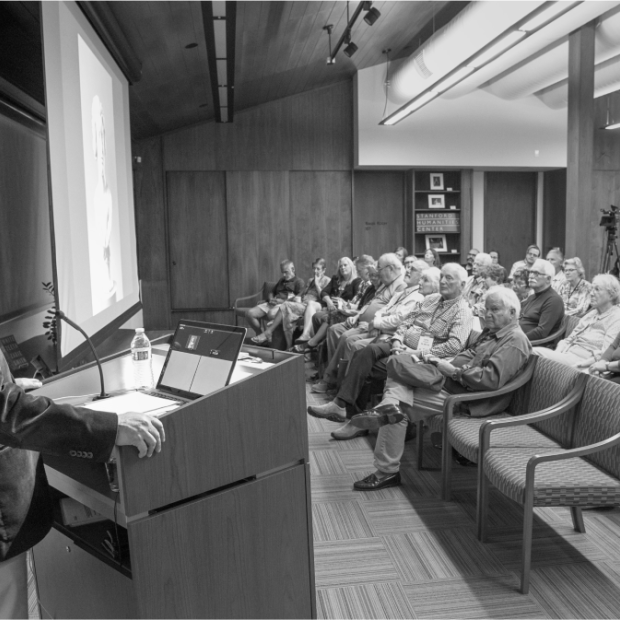In marked contrast to its current status today, the concept of nostalgia once served as the disease of forced mobility. In fact, in eighteenth and nineteenth century western medicine, it was exclusively used to diagnose sailors, soldiers, convicts, slaves, and other groups whose labor forcibly separated them from home. Above all, nostalgia was diagnosed in the white ethnic Europeans and black Africans who made up the bulk of this labor force and whose “excessive” reactions to compulsory mobility were said to reveal a latent vulnerability to this deadly variety of melancholic insanity.
This talk reconstructs the formation of nostalgia in Europe as an ethnic disease—a pathology of travel—and traces its racialization in American slavery as the disease of captivity. In revealing the pivotal role that medical conceptualizations of movement and affect played in ingraining differences within bodies, Schroeder will compare how the operationalization of this knowledge worked to exclude black and white ethnic bodies from the rank of the human and the liberal concept of freedom. The talk concludes with a reading of Harriet Jacobs’s powerful critique of racialized nostalgia in her Incidents in the Life of a Slave Girl (1861).
Jonathan D.S. Schroeder is assistant professor of English and comparative literary studies at University of Warwick.





